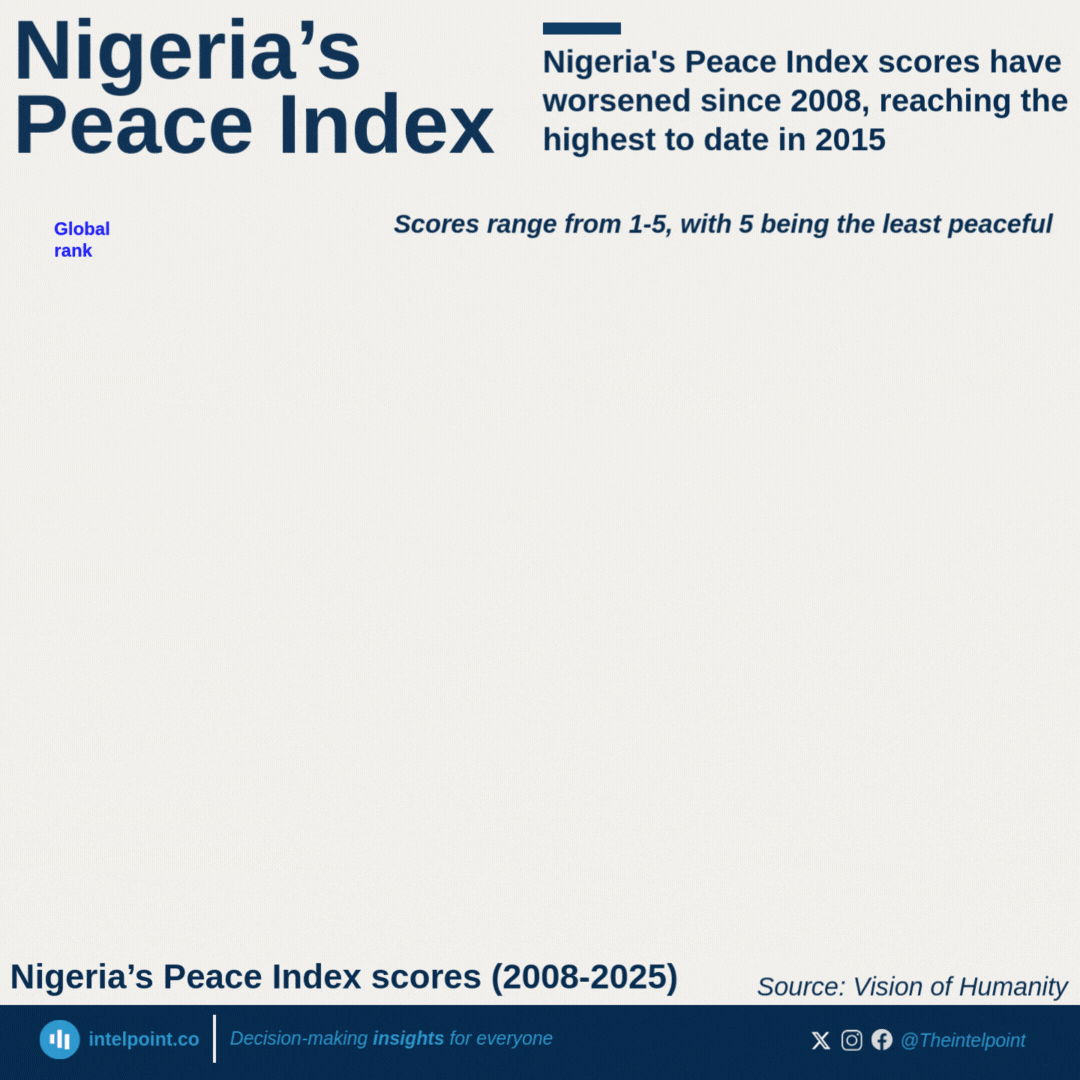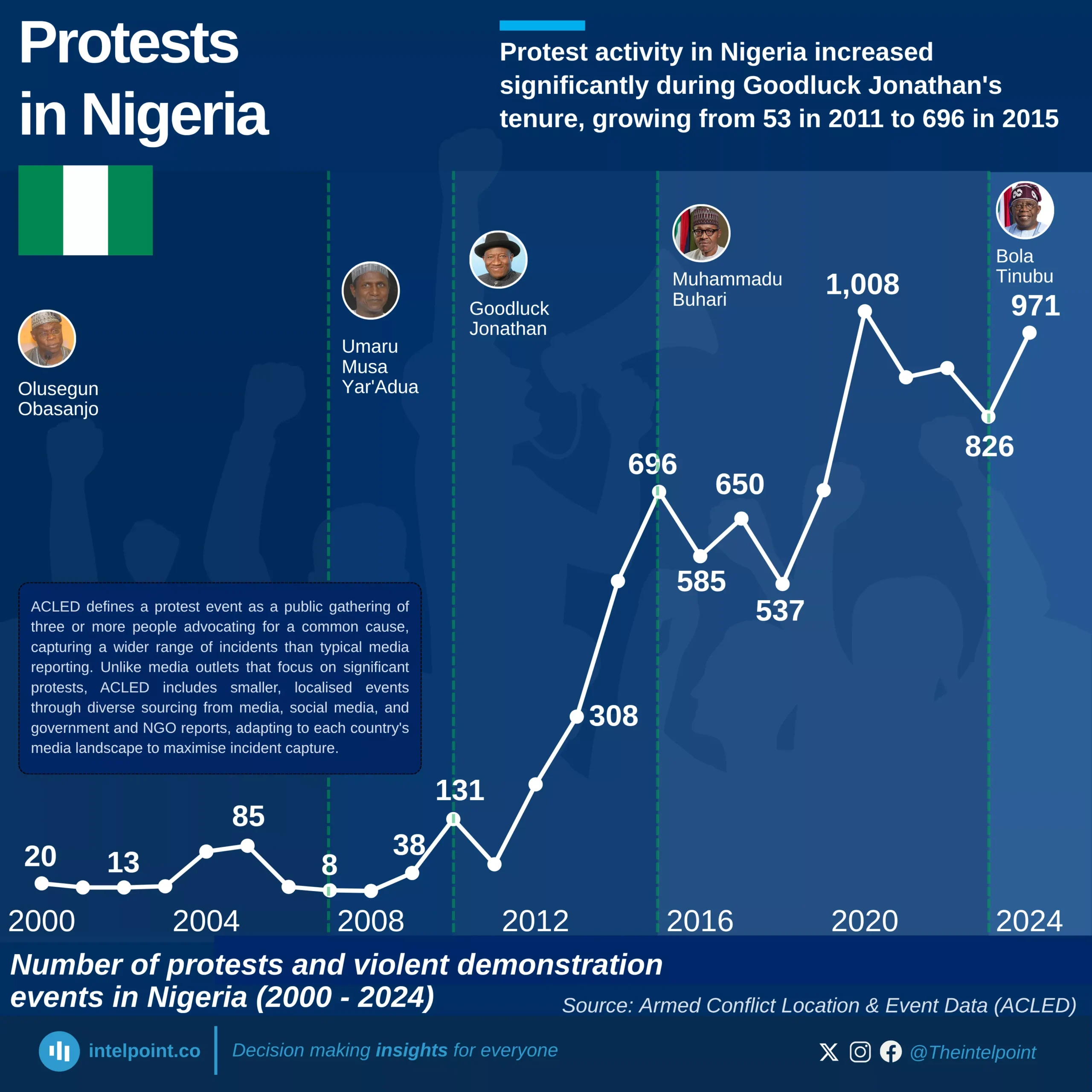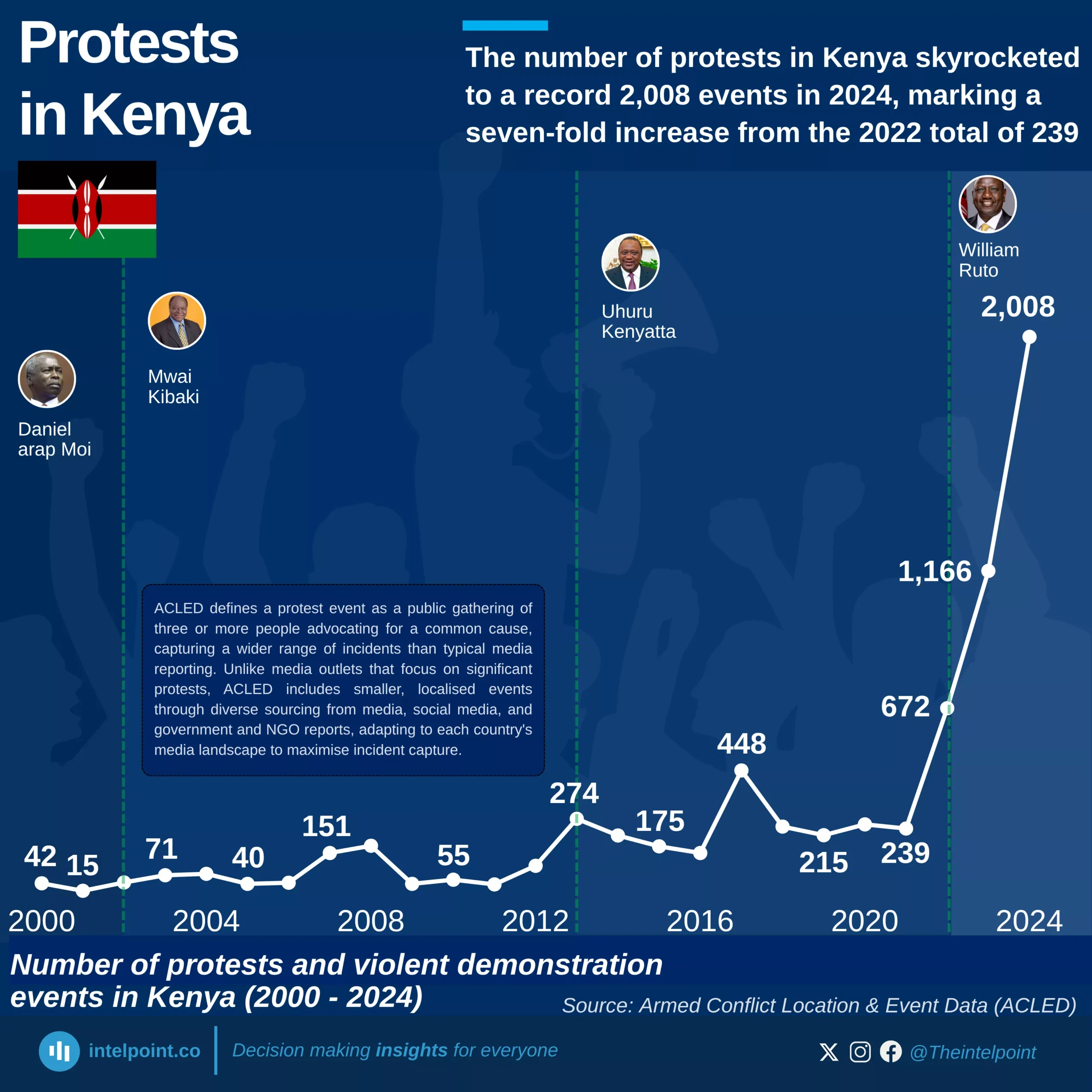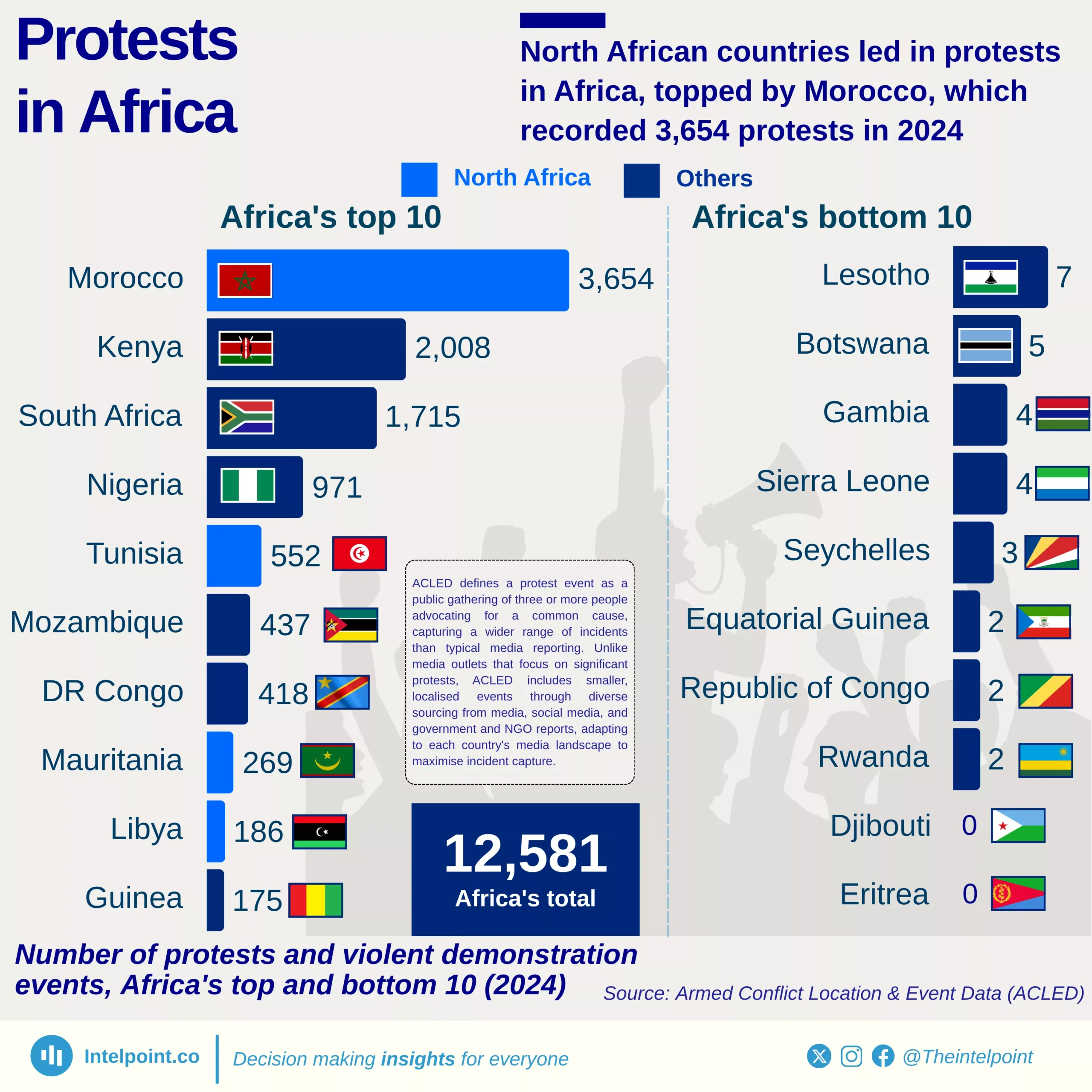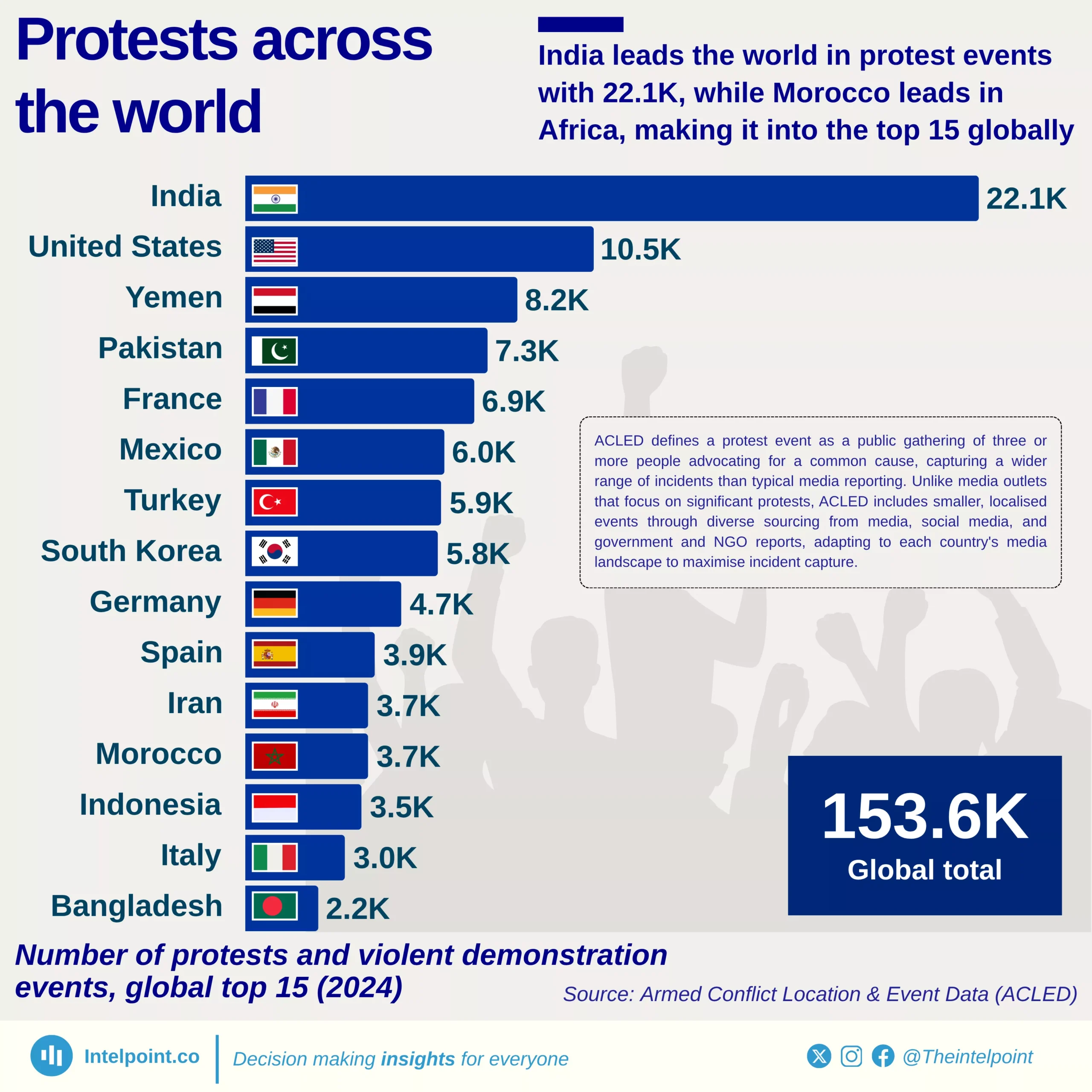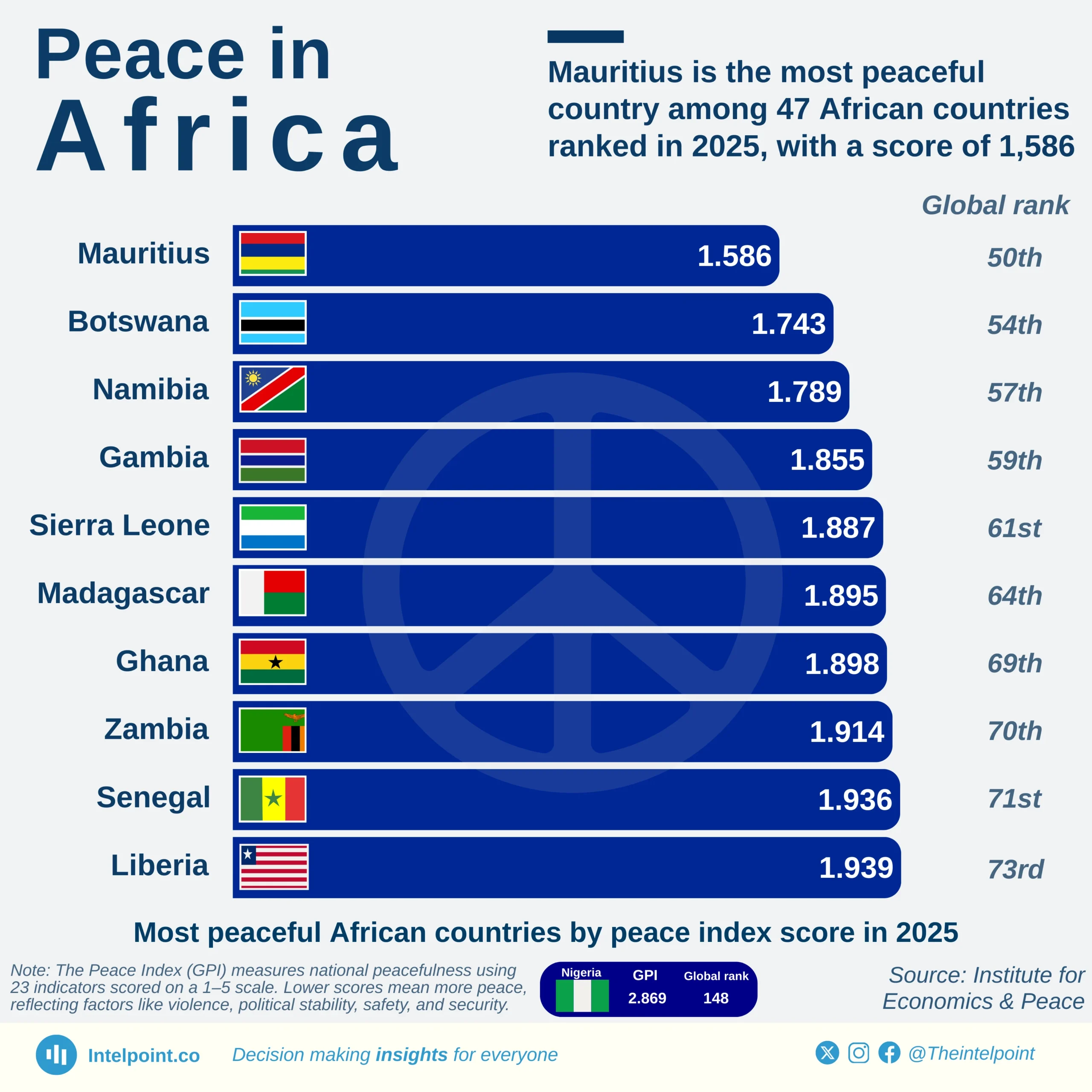Violence isn't just a social issue. It carries an enormous financial cost. In 2023 alone, the global economic impact of violence reached $19.1 trillion, equivalent to 13.5% of global GDP. To put that into perspective, that’s about $2,380 per person worldwide. The cost of violence extends beyond direct conflicts, affecting military spending, internal security, private security, and even economic losses from crime.
